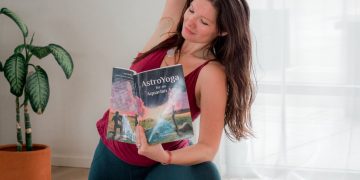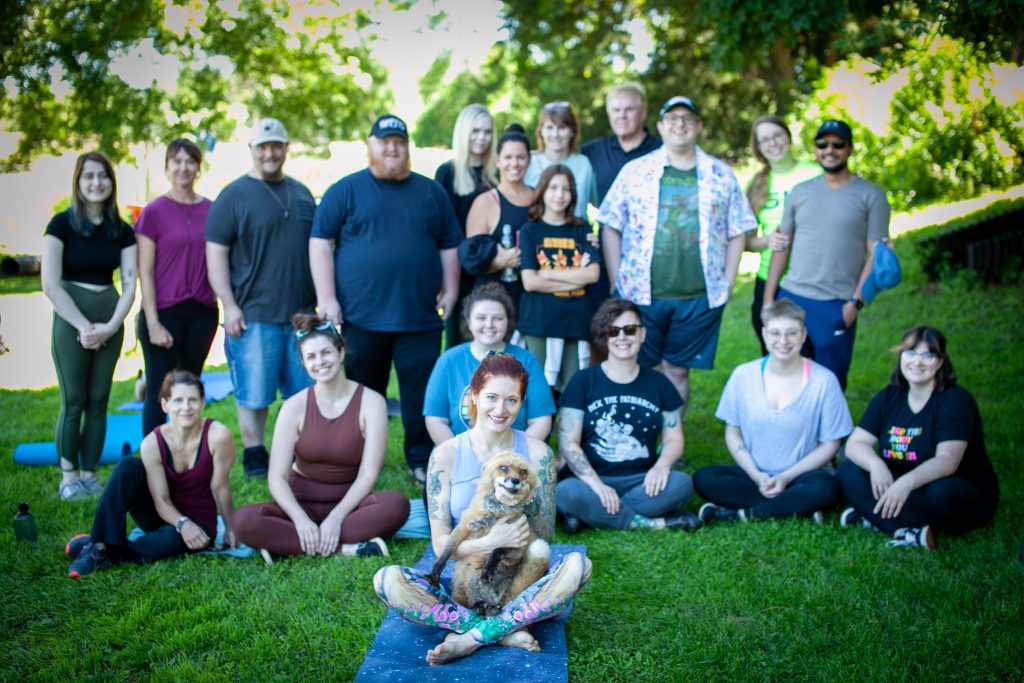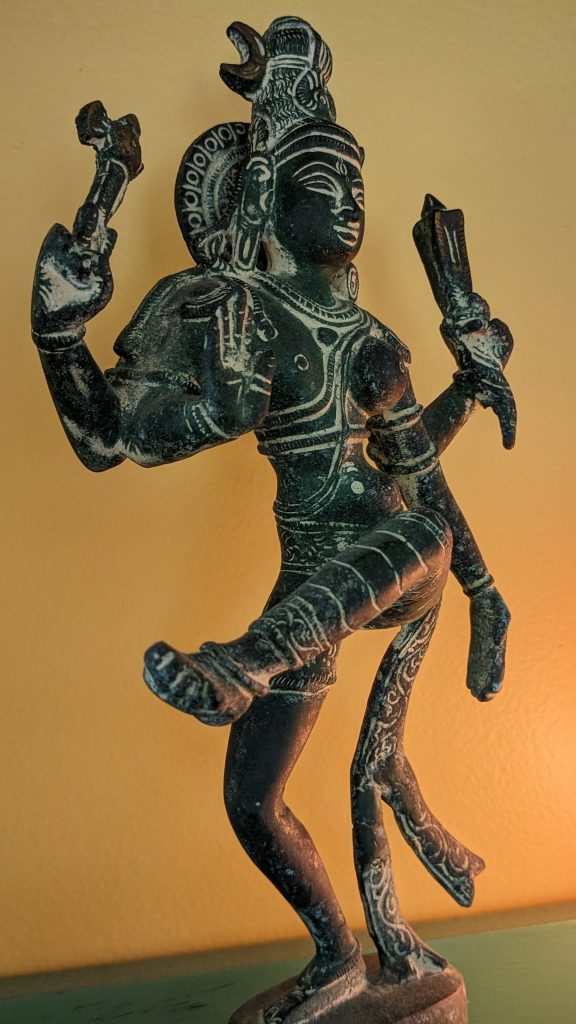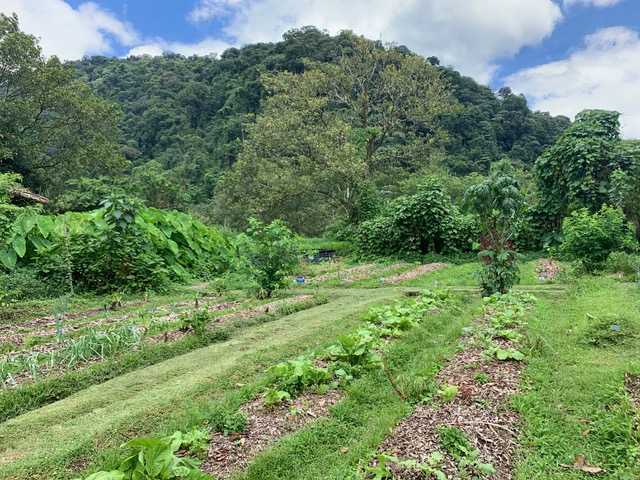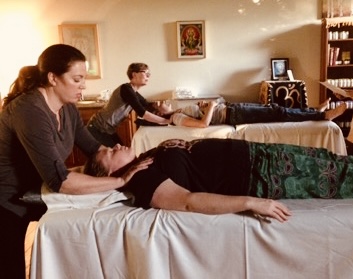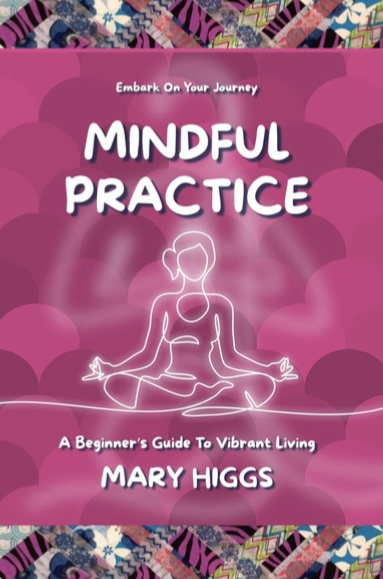Klesha (Sanskrit: क्लेश, IAST: Kleśa) is a Sanskrit word meaning “impurity”, “corruption” or “poison”. This term includes not only external hardship, but the internal suffering of doubt, fear, confusion, worry, disillusionment, and feelings of lack.
The five kleshas:
Avidya – not knowing (ignorant of) who we are
Asmita – giving definition to who we think we are
Raga – seeking to feel good
Dvesha – seeking to avoid feeling bad
Abhinivesha – fearing death
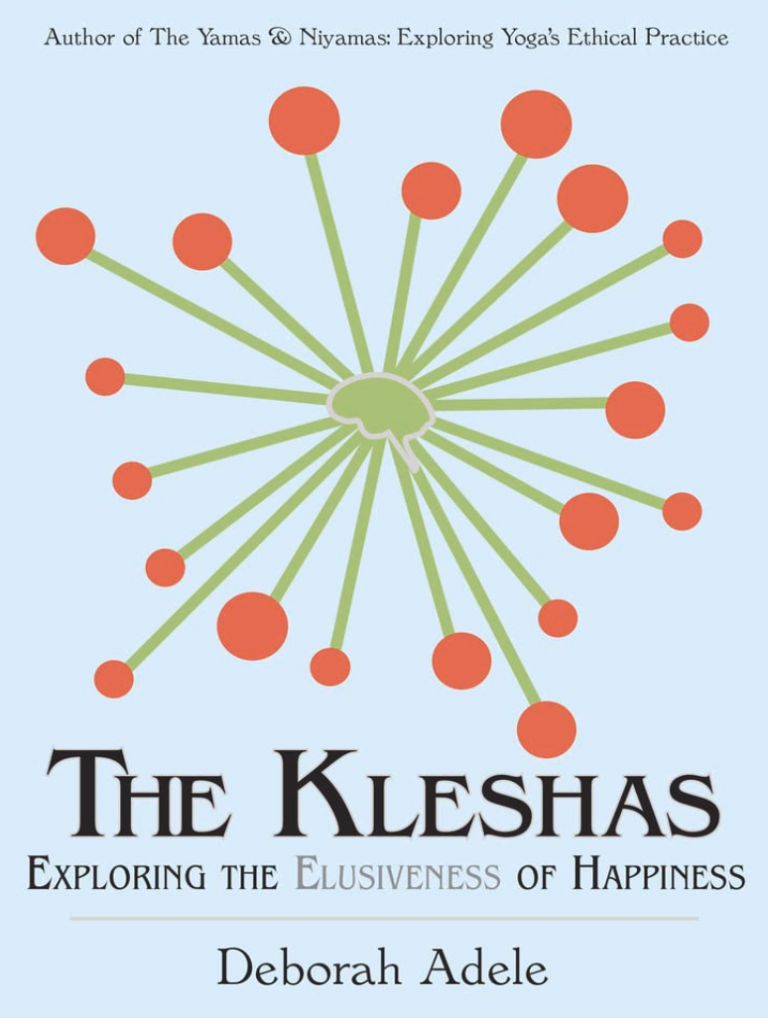
In her insightful and engaging book, The Kleshas: Exploring the Elusiveness of Happiness, Deborah Adele delves into the intricacies of Patanjali’s Yoga Sutras, focusing on the five kleshas – or mental afflictions – hindering our pursuit of true happiness. With an approachable blend of scholarly expertise and personal anecdotes, Adele guides readers through a profound exploration of these interior obstacles, providing practical guidance on how to overcome them and cultivate lasting contentment in our own lives.
Many will feel right at home with Adele’s style of writing. Thousands of yoga teachers and those in training around the world read her first book, The Yamas and NiYamas: Exploring Yoga’s Ethical Practice. With relatable writing, Adele makes complex yogic concepts understandable for readers of all levels of experience. From the beginning, it’s clear Adele invites us into greater understanding, and you feel it.
Throughout, Adele effectively interweaves connections to the Yoga Sutras with personal stories and examples. One of the book’s strengths lies in Adele’s ability to bridge the gap between ancient yogic teachings and modern-day challenges. She demonstrates how the kleshas are not merely abstract concepts from some bygone era, but very real and pervasive afflictions continuing to influence human thoughts, emotions, and actions.
“Feelings of selfishness, fear, loneliness, hatred, and anger, to name a few, are all indicators that our thoughts are bound to the misunderstanding of the kleshas,” Adele says. Referencing the Yoga Sutra 2.33, she goes on to bridge the connection with a real powerful world example: “It’s as if a water pipe in our home has broken and water is spewing all over, ruining carpets and furniture. The only way to stop the damage is to stop the flow of water. Likewise, when our mind is engaged in negative tendencies, the only way to stop the damage to our body/mind is to replace the negative flow of thought with a nourishing thought.”
By grounding an otherwise esoteric discussion in impactful contemporary examples, Adele makes her topic relevant. She empowers readers to identify and address impacts of the kleshas on their own lives. Approachably, the final section of each chapter becomes an opportunity for the thoughtful application of the concepts through reflection questions. Coming across as very sincere, Adele asks the reader to create connections between who we think we are, who we actually are, and how the kleshas impact our disassociation from Self.
Ultimately, the author’s approach isn’t another emphasis on theoretical understanding. It’s a map for self exploration. Adele is clear in her concise explanations of each of the five kleshas, as well as how to gain a deeper understanding of each, and remains so throughout her deep dive into the importance of understanding the difference between the mind and the brain.
The examples, layered in the principles of yoga, empower readers to cultivate the awareness, mindfulness, and self-compassion needed to dismantle the kleshas and pave the path to true happiness.
As predicted, The Kleshas: Exploring the Elusiveness of Happiness is a valuable resource for anyone seeking to deepen their understanding of yogic philosophy and cultivate greater happiness. Adele’s insightful guidance, practical strategies, and engaging writing style make this book an essential companion on the journey toward self-discovery and lasting fulfillment.
In a modern world where so many increasingly seek happiness through asana, Adele brilliantly reminds us yoga is a multi-layered way of living. After all, it’s not just repetitions of downward facing dog that will ultimately quiet our minds. It’s also a deeper understanding of concepts like the kleshas bringing us much closer to the inner harmony we seek.
Laree Schouweiler finds herself positioned squarely in the heart of NE Iowa’s wellness community as a 500hr E-RYT, founder of the Driftless Yoga Center & its annual festival. Laree has upwards of 2,000+ hours of teaching expertise on the mat, yet she is adamant the true practice of yoga happens OFF THE MAT. When Laree isn’t motivating folks to stretch their ideas of ‘what is yoga’ from an equitable lens, you can find her trying to keep up with her three kiddos, seeking a quiet moment to enjoy with her husband or escaping to find movement for herself.






